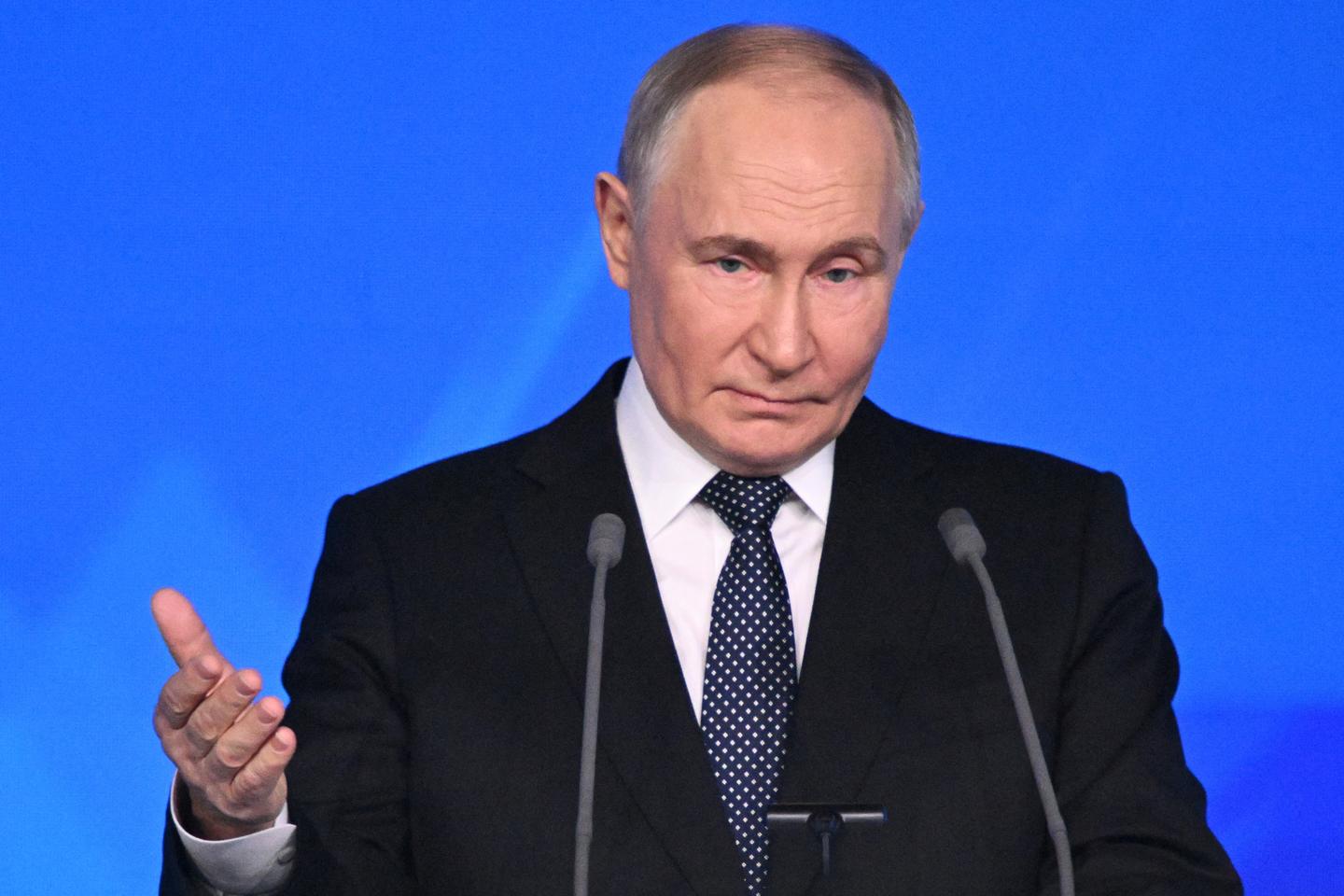


While, in recent weeks, the Russian army has chalked up its greatest advance into Ukrainian territory since the start of the conflict, the news on the economic front is more worrying for Moscow. The narrative that the authorities have methodically maintained, one alleging that Western sanctions would only have a limited degree of effectiveness and that growth would flourish, is becoming less and less credible. The slipknot of international embargoes and restrictions, despite attempts to circumvent them, is, in fact, slowly asphyxiating the Russian economy. As for Vladimir Putin's war effort, it is heavily impacting the country's budgetary resources, thereby threatening its economic stability.
Until recently, Moscow had managed to maintain a semblance of unexpected resilience. After all, the gloomy predictions made at the start of the war had proven wrong. Not only did growth hold up, but thanks to a military-industrial complex that has been firing on all cylinders, national production has accelerated and unemployment is at an all-time low. However, if you want to understand what's currently happening in Russia, it's best to look at inflation and the monetary policy pursued by the Central Bank of Russia (CBR).
The growing nervousness amid Russian business circles is unmistakable. They have their eyes riveted on interest rates, which reached an exorbitant 21% at the end of October, the highest in over 20 years. Now, the institution's president, Elvira Nabiullina, has been blamed for everything by business leaders. Their acrimony is understandable. With such high interest rates, it becomes difficult to invest, as finding projects that can generate returns higher than the interest rates has become an impossible mission.
Russian Railways, the country's largest employer, is set to cut investment by a third by 2025. The situation has become all the more worrying for Russian companies, as more than half of their debt is at variable interest rates. Many of them have found it increasingly difficult to meet their loan payments, heralding a series of bankruptcies. As for real estate, the government can no longer afford to subsidize loans to enable individuals to continue borrowing. The speculative price bubble, which has soared in recent years, is threatening to burst.
You have 59.52% of this article left to read. The rest is for subscribers only.
